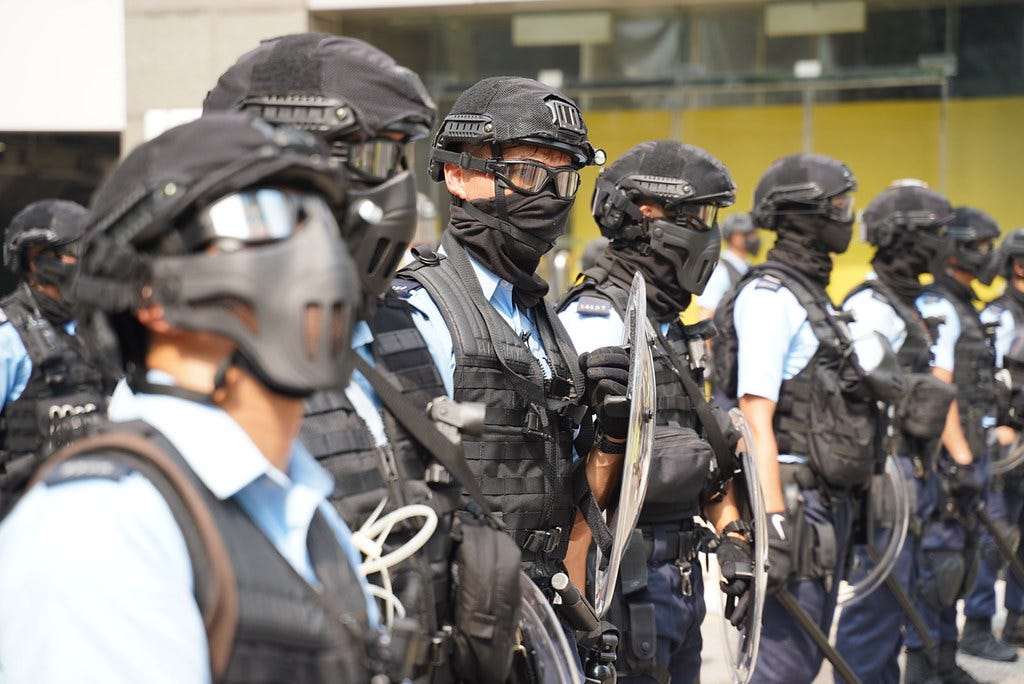Hong Kong Activists Already Targeted by New National Security Law
Top protest figures in the crosshairs

Beijing apparently is wasting no time using the national security law it intends to foist onto Hong Kong to target local activists for potential punishment, including tycoon Jimmy Lai Chee-ying, former lawmaker “Long Hair” Leung Kwok-hung and student activist Alex Chow Yong-kang, said a well-informed risk consultant who studied the Hong Kong protests.
T…
Keep reading with a 7-day free trial
Subscribe to Asia Sentinel to keep reading this post and get 7 days of free access to the full post archives.


